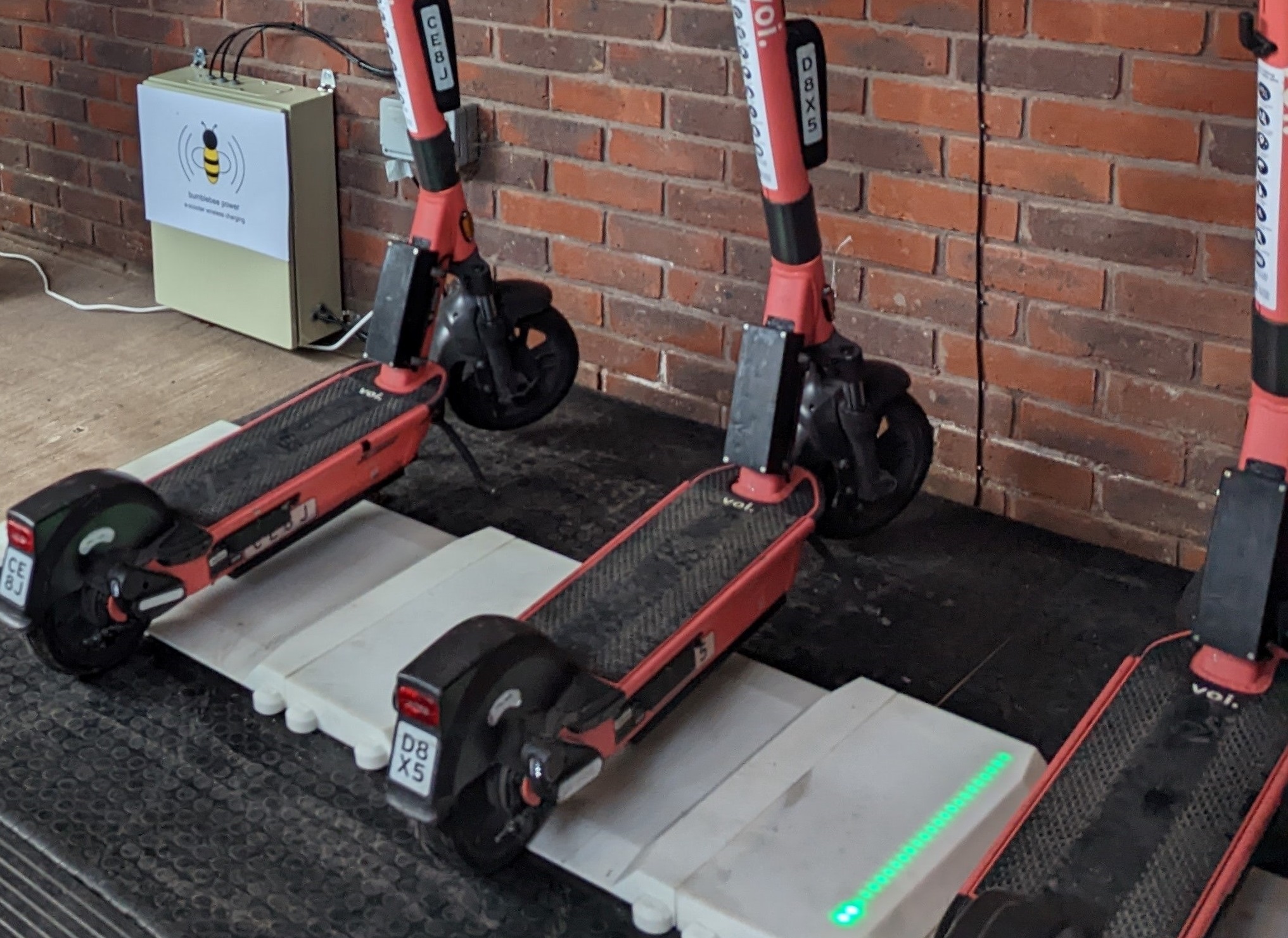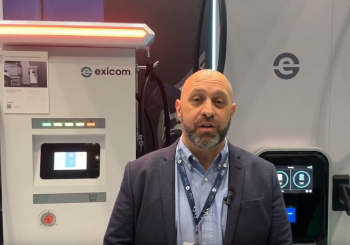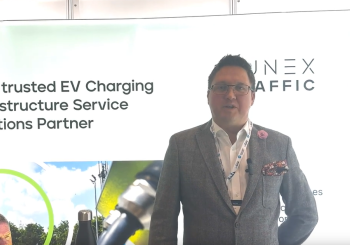A six-month pilot programme to charge e-scooters wirelessly has begun in the UK.
Voi Technology has partnered with WMG and Bumblebee Power to charge scooters at the University of Warwick campus - a "real world, mini city environment".
Voi has been running a rental scheme at the university and wider West Midlands region since 2020 as part of the UK government e-scooter trials, and is retrofitting a number of e-scooters with technology enabling them to be charged on wireless pads where they are parked.
At present, scooter operators tend to power vehicles at warehouses or by battery swaps in the field - both of which can be time-consuming and expensive in terms of resourcing.
Voi says the trial may be expanded across more of its UK fleet and, if successful, could reduce costs and make the integration of scooters into the street and transport infrastructure "more streamlined".
“Applying this technology has the potential to not only reduce the operational impact of how we charge batteries for our vehicles but also in making an already convenient and flexible service even more accessible for new and existing riders," says Sam Pooke, senior policy manager at Voi UK and Ireland.
David Yates, CTO of Bumblebee Power, says: “The Bumblebee technology not only provides automatic connection via a very efficient wireless charging system, saving operational expenditure for the fleet operator by eliminating battery swaps, but also extends the battery’s life, by controlling the charging regime while maximising vehicle availability.”
David Evans, lead engineer at WMG, University of Warwick, adds: “Wireless charging technology for micromobility has the potential to reduce operational costs for fleet operators and provide a convenient charging solution for users."





Follow Us On Social Media